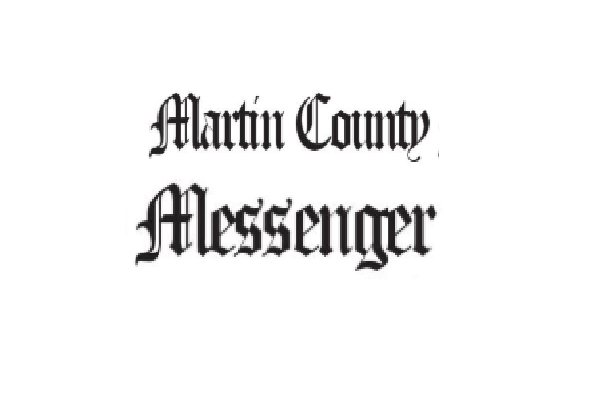Dear Savvy Senior,
If the prescription label says “take with meals,” does it matterwhat you eat?
Over Medicated
Dear Over,
It depends on the medication. Many meds should be takenwith food – any food – to increase their absorption and reduce the risk of side effects. But some foods and medications can interact, reducing the medications’ effectiveness or increasing the risk of harmful side effects.
To stay safe, you should always talk to your doctor or pharmacist to learn the ins and outs of your prescriptions, along with what foods and beverages to avoid while you’re on it. In the meantime, here are some foods you should stay away from for some commonly prescribed drugs.
Cholesterol Medications: If you take a certain statin drug to control high cholesterol like Liptor, Zocor, Altoprev, Mevacor, or generics atorvastatin, simvastatin or lovastatin, you should avoid grapefruit and grapefruit juice. Grapefruit can raise the level of the drug in your bloodstream and increase the risk of side effects, especially leg pain.
Blood Pressure Medicine: If you take an ACE inhibitor drug like Capoten, Vasotec, Monopril, Zestril and others to lower your blood pressure, you should limit food that contain potassium like bananas, oranges, tomatoes, spinach and other leafy greens, sweet potatoes, and salt substitutes that contain potassium. ACE inhibitors
raise the body’s potassium levels. Eating too many potassium rich-foods while taking an ACE inhibitor can cause an irregular heartbeat and heart palpitations.
Blood Thinning Medications: If you are taking Coumadin, Jantoven, or the generic warfarin, you should limit kale and other greens, including broccoli, cabbage, spinach, and brussels sprouts that contain vitamin K. These foods can block the effects of these blood-thinning medications putting you at risk for developing blood clots. You also need to watch out for garlic, ginger, vitamin E and fish oil supplements because they can increase these medications bloodthinning abilities putting you at risk for excessive bleeding.
Antidepressants: If you take a monoamine oxidase inhibitor (MAOI) antidepressant like Marplan, Nardil, Emsam, Parnate, or generic isocarboxazid, phenelzine, selegiline or tranylcypromine, avoid aged cheeses, chocolate, cured meats and alcoholic drinks. These contain tyramine, which can raise blood pressure. Normally, the body controls tyramine levels with an enzyme called monoamine oxidase,but the MAOI antidepressant block that enzyme.
Thyroid Medications: If you take a medication for hypothyroidism like Synthroid, Levoxyl, Levothroid or generic levothyroxine, you should avoid eating tofu and walnuts, and drinking soymilk. All these can prevent your body from absorbing this medicine.
Anti-Anxiety Medications: If you take medication for anxiety like Xanax, Klonopin, Valium, Ativan, or generic alprazolam, clonazepam, diazepam or lorazepam, you should avoid alcohol. These medications act as sedatives, binding with the brain’s natural tranquilizers to calm you down. But when you mix these drugs with alcohol, the side effects intensify, and can cause you to feel lightheaded, sleepy and forgetful.
Antibiotics: If you’re taking an antibiotic like Sumycin, Dynacin, Monodox, or generic tetracycline, doxycycline or minocycline, you should avoid dairy – milk, yogurt, and cheese, and calcium supplements and fortified foods – for a couple hours before and after taking the medicine. Calcium in dairy products binds to the antibiotic and prevents your body from absorbing it, making it ineffective.


